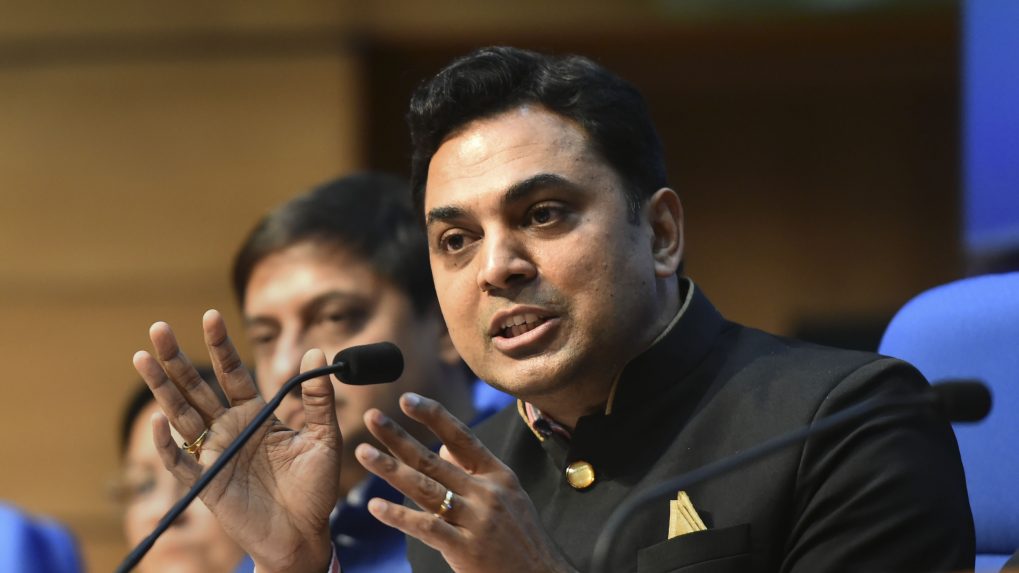New Delhi: Coming down hard on sovereign credit ratings, the Economic Survey 2020-21 said that the ratings do not reflect the fundamentals of the Indian economy.
Describing the sovereign credit ratings as “noisy, opaque and biased”, the document prepared by the Finance Ministry’s Chief Economic Adviser Krishnamurthy V Subramanian said that these credit ratings also damage flows of foreign portfolio investments.
The survey questioned whether India’s sovereign credit ratings reflect its fundamentals, and found evidence of a systemic under-assessment of India’s fundamentals as reflected in its low ratings over a period of at least two decades.
“India’s fiscal policy must, therefore, not remain beholden to such a noisy/biased measure of India’s fundamentals and should instead reflect Gurudev Rabindranath Thakur’s sentiment of a mind without fear,” it said.
It added that India’s fiscal policy should be guided by considerations of growth and development rather than be restrained by “biased and subjective” sovereign credit ratings.
It recommeded that developing economies must come together to address this bias and subjectivity inherent in sovereign credit ratings methodology to prevent exacerbation of crises in future.
The pro-cyclical nature of credit ratings and its potential adverse impact on economies, especially low-rated developing economies, must be expeditiously addressed, it suggested.
Noting that India has already raised the issue of pro-cyclicality of credit ratings in G20, it said that the Financial Stability Board (FSB) is now focusing on assessing the pro-cyclicality of credit rating downgrades.
Emphasising that India’s sovereign credit ratings cohort – countries rated between A+/A1 and BBB-/Baa3 for S&P/ Moody’s – India is a clear outlier on several parameters, i.e. it is rated significantly lower than mandated by the effect on the sovereign rating of the parameter.”
It noted that India is an outlier on parameters like GDP, growth rate, inflation, general government debt (as per cent of GDP), cyclically adjusted primary balance (as per cent of potential GDP), current account balance (as per cent of GDP), political stability, rule of law, control of corruption, investor protection, ease of doing business, short-term external debt (as per cent of reserves), reserve adequacy ratio and sovereign default history.
“This outlier status remains true not only now but also during the last two decades,” it said.
IANS
